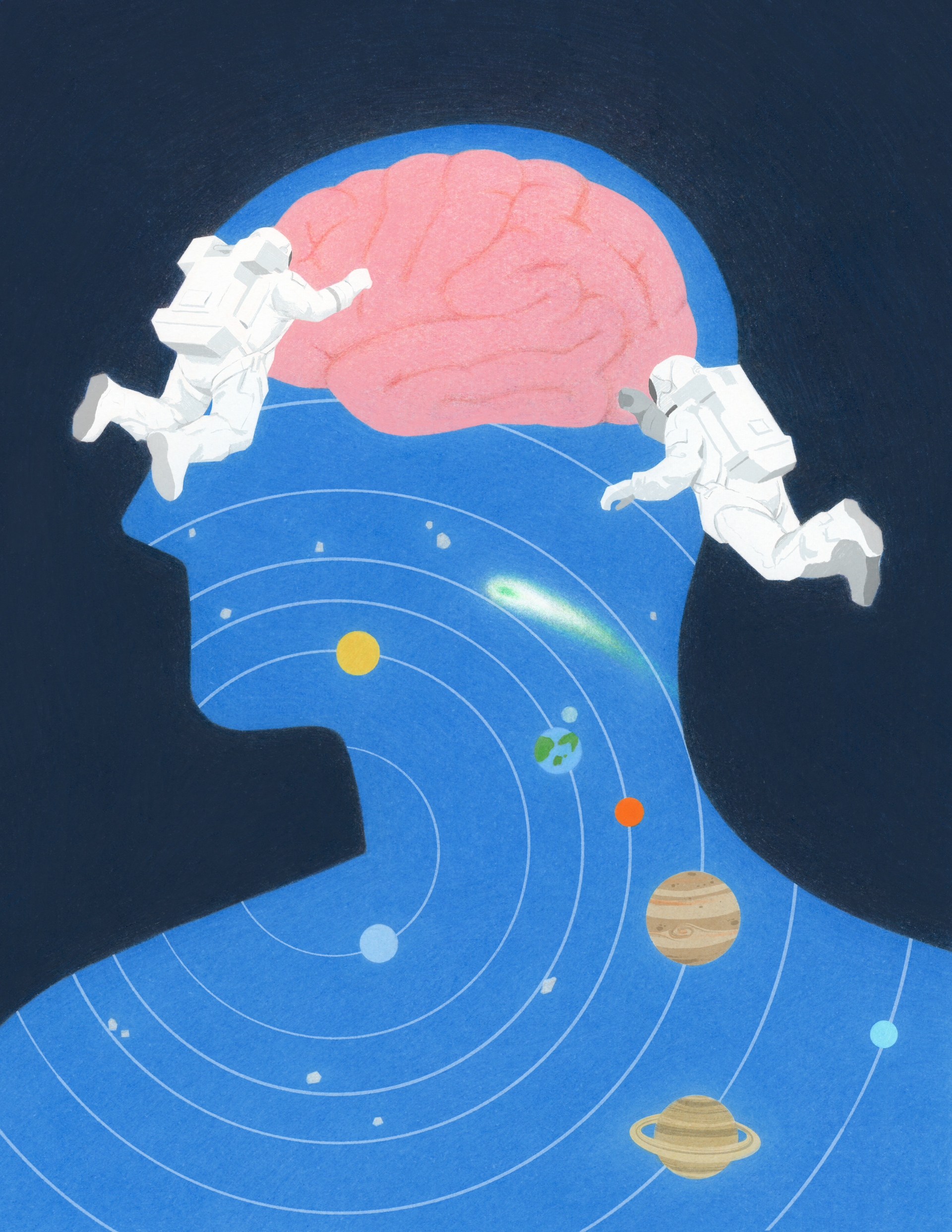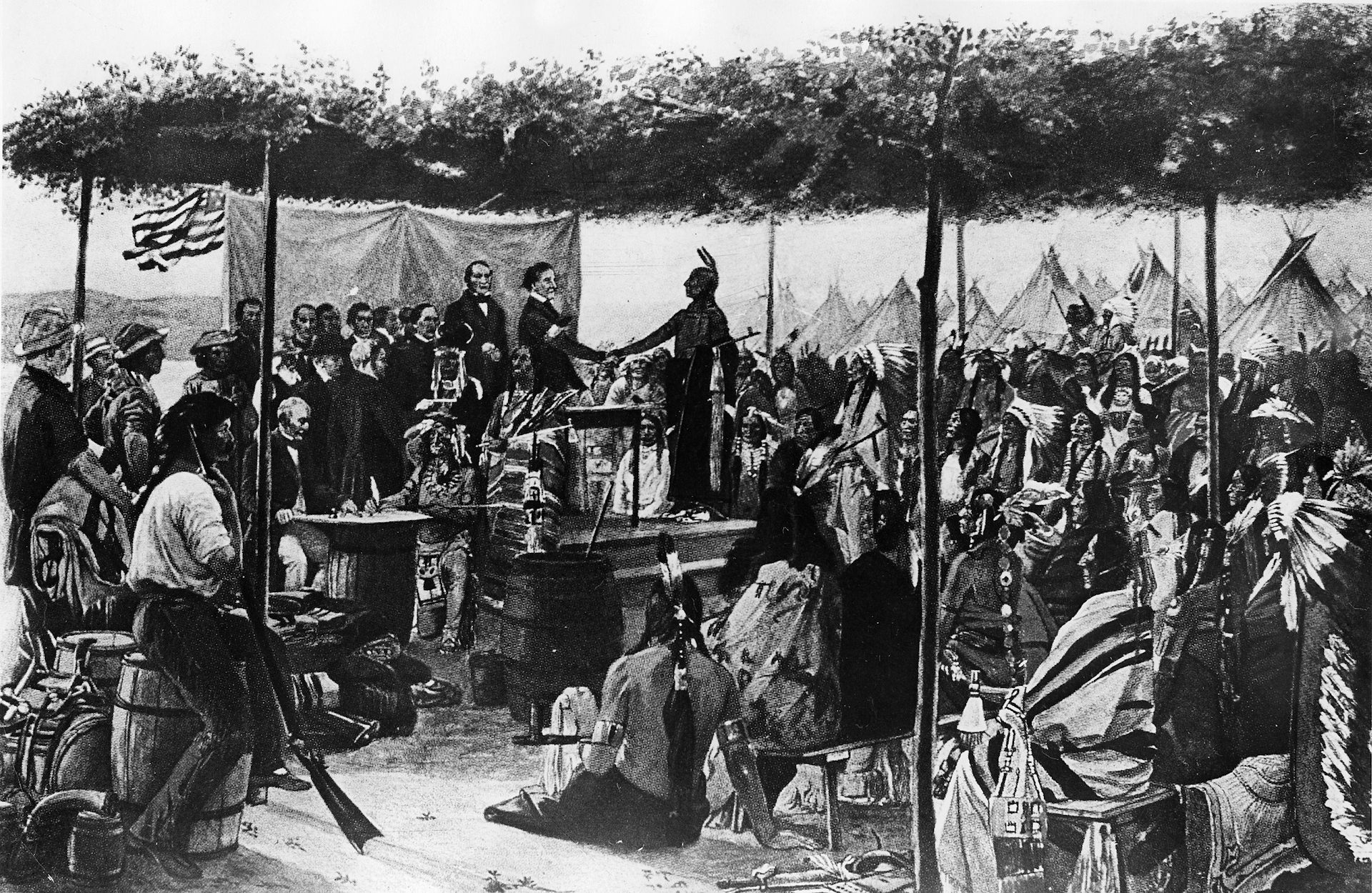Boost in high school students taking advanced computer science could change the face of tech
New data show more girls and minority high school students taking Advanced Placement courses in computer science. A computer science professor weighs in on what that means for the future of the field.

Often when I speak with students who are majoring in computer sciences, many of them tell me that they have never taken a computer science course until college. This is especially true for the female, black, and Latino students I’ve spoken with as a computer science professor.
But newly released data from the College Board suggests that things are beginning to change, especially for girls and students from groups that are underrepresented in computer science.
Specifically, the figures show the number of black high school students who have taken Advanced Placement Computer Science Principles – a class that involves both computer programming and the social impact of technology – rose 121% since the course launched in 2016, from 2,981 to 6,589. The number of black students who scored a 3 or higher on the AP exam for this course increased 118% since 2017, from 1,269 to 2,766 in 2019, according to a College Board representative.
A score of 3 or better often enables exam takers to get college credit and bypass introductory computer science courses in college.
The number of Hispanic/Latino students who have taken AP Computer Science Principles has increased 125%, from 8,334 to 18,780, since the course began. The number of Hispanic/Latino students scoring a 3 or higher on the AP CSP exam increased 116% since 2017, from 4,742 in 2017 to 10,264 in 2019, according to the College Board.
Finally, in the three years since the launch of AP Computer Science Principles, the number of female students who have taken the course has increased 136%, from 13,328 to 31,458, the College Board has reported.
What do these figures mean? As a professor who studies ways to get more students interested in computer science – and as someone who helped develop and teach an early version of the AP Computer Science Principles course, as well as the exam – I believe these numbers will ultimately result in more students from diverse backgrounds being better positioned to major or minor in computer science. This in turn will help diversify the tech industry.
Why diversity in tech matters
Diversity in the tech field is important because computing technologies are pervasive in our daily lives – from the GPS we use to get around, to apps we use to bank, make hotel or flight reservations and check the weather. But if the people who design the technology don’t include women, minorities, people with disabilities, or other individuals from diverse backgrounds, it could lead to technology that works for some or maybe even most but not all.

For instance, it recently came to light that the body scanners used by the Transportation Security Administration frequently set off false alarms for Afros, braids and other hairstyles worn by black women. This in turn subjects black women to more frequent and invasive screenings at the airport.
Problems like this are why it is important for software development teams to be as diverse and inclusive as possible to ensure technologies address the needs of all. As more students see people who look like them taking computer science courses in high school, more students will take notice and follow in their footsteps. Ultimately, this will enable them to become the software engineers and tech innovators of the future.
[ Deep knowledge, daily. Sign up for The Conversation’s newsletter. ]
Christina Gardner-McCune served as a consultant for the College Board from 2013-2016 for the AP Computer Science Principles Development committee and was involved in writing the course and exam description and initial exams. She currently receives funding from the National Science Foundation to develop programs and initiatives that increase the number of underrepresented minorities in computing across the K-12 to graduate school pipeline. She is the co-chair for the AI for K-12 Initiative that is writing guidelines for promoting AI education in K-12. Any opinions, findings and conclusions or recommendations expressed in this article are those of the author(s) and do not necessarily reflect the views of the National Science Foundation or the AI4K12.org Initiative.
Read These Next
Trump administration losing credibility with judges and grand juries – a former federal judge explai
Grand juries, historically rubber stamps for prosecutors’ attempts to indict, are rejecting the Trump…
Living in space can change where your brain sits in your skull – new research
These changes aren’t permanent – the brain goes gradually back to normal after coming back to Earth.…
Green or not, US energy future depends on Native nations
Native American lands contain 30% of the nation’s coal, 50% of its uranium and 20% of its natural…






